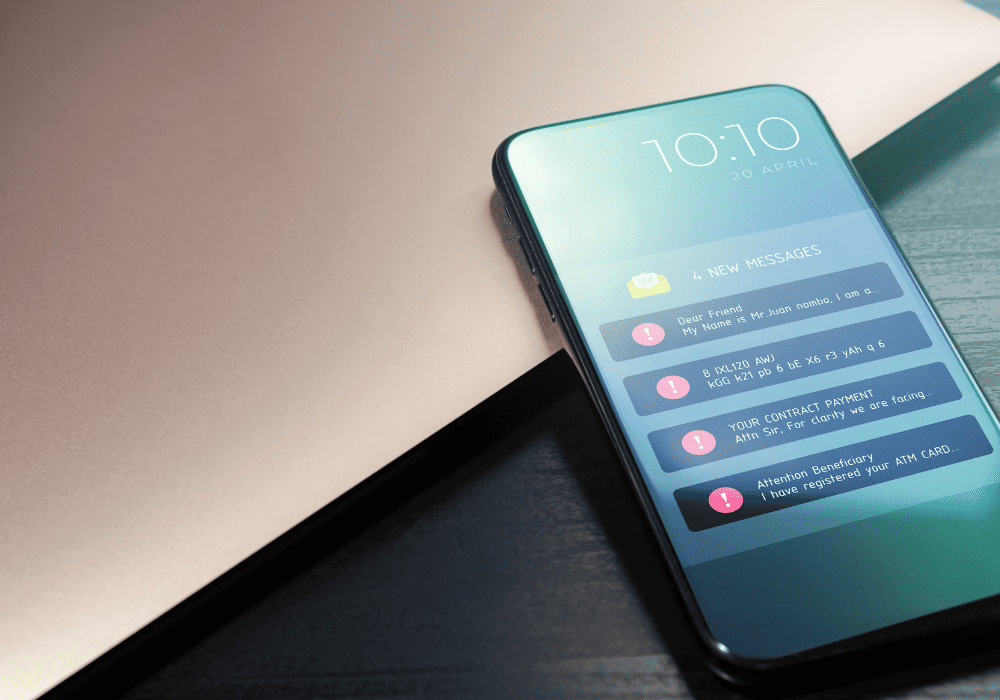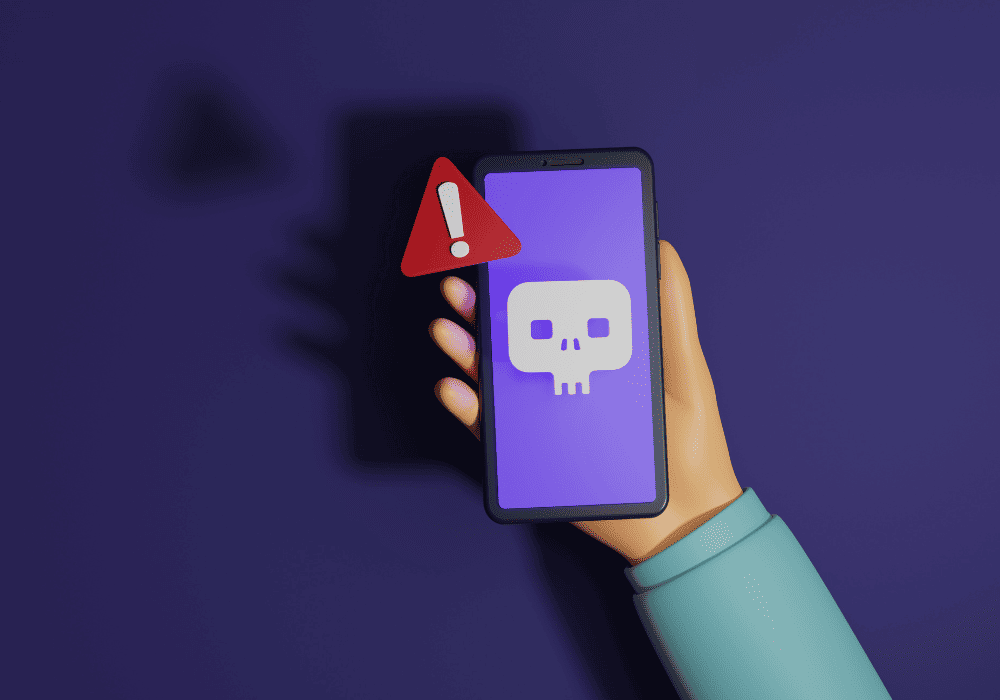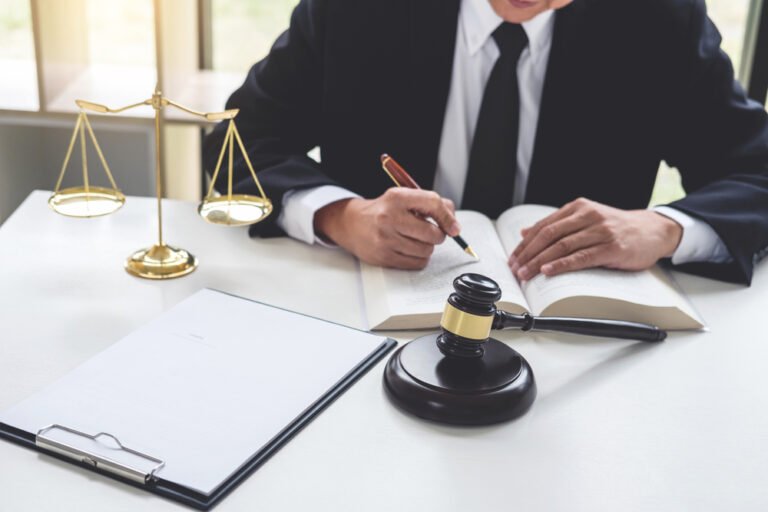In today’s world, phone numbers often play significant roles in people’s daily lives, whether for personal communication, business inquiries, or even potential scams. One such phone number that has drawn attention is 210-216-1521. It is vital to understand what this number might represent, how it is used, and why it has sparked curiosity across various communities.
In this comprehensive article, we will take a deep dive into 210-216-1521, covering its origins, possible uses, and how to handle receiving a call from this number. We will also explore how phone numbers, in general, are structured, and why some numbers like 210-216-1521 might be associated with certain locations, companies, or other entities. Finally, we will discuss how to protect yourself from potential scams or unwanted calls and answer frequently asked questions about this number.
Introduction to 210-216-1521
The phone number 210-216-1521 has recently become a subject of interest among many individuals. It could be a regular number belonging to a person, business, or service, or it might represent something less desirable, such as a robocall or spam number. This article will investigate various possibilities, offering insight into what this number could be used for and providing tips on how to handle calls from it.
Understanding the Structure of Phone Numbers
To fully understand 210-216-1521, it is essential to break down the structure of phone numbers. Each phone number is divided into three parts: the area code, the exchange code, and the line number.
What is Area Code 210?
The first segment of 210-216-1521 is 210, which is the area code. Area codes are assigned based on geographic regions, and 210 is associated with the San Antonio, Texas region. Area codes help route calls within specific geographic locations.
In this case, the 210 area code serves San Antonio and some surrounding areas. It’s important to note that numbers beginning with this area code are not necessarily restricted to personal use—they may belong to businesses, government entities, or even automated services.
Significance of the Exchange Code 216
The 216 in 210-216-1521 is the exchange code, also referred to as the central office code. This code, in combination with the area code, helps direct calls to specific service providers or telephone exchanges within the geographic region. While the exchange code can sometimes give further clues about the origin of a number, it typically just signifies the phone company’s routing strategy.
The last four digits of a number (1521 in this case) are the line number, which is unique to the individual or business that holds the phone number.
Where is 210-216-1521 Based?
As we mentioned earlier, the 210 area code is primarily associated with San Antonio, Texas. Therefore, it’s safe to assume that the number 210-216-1521 originates from this region. However, with the increasing use of mobile phones, internet-based numbers, and VoIP services, this number could potentially be linked to someone or a business outside of the region, even internationally.
Given that 210-216-1521 comes from this area code, it might be a legitimate local business, an individual, or a call center operating in the area.
Common Uses of Numbers Like 210-216-1521

Phone numbers like 210-216-1521 are typically used for a variety of purposes.
Personal Communication
The most common use of a phone number is for personal communication. Individuals use their phone numbers to stay connected with friends, family, and colleagues. 210-216-1521 could easily be the phone number of a private individual in the San Antonio area.
Business and Marketing Calls
Another possible use for 210-216-1521 is business and marketing calls. Many companies use local phone numbers for outreach, whether it’s to promote services, confirm appointments, or communicate with customers.
Automated Messages or Robocalls
Automated systems and robocalls are a frequent source of annoyance for many phone users. It’s possible that 210-216-1521 is associated with an automated service delivering information or marketing messages.
Scam or Fraudulent Calls
Finally, 210-216-1521 could be associated with scam or fraudulent activity. Unfortunately, scammers often use legitimate-looking local numbers to disguise their calls and trick recipients into answering.
How to Handle Calls from 210-216-1521
When you receive a call from 210-216-1521, it’s natural to feel unsure of whether to answer or ignore it. Here are some steps you can take to handle these types of calls:
- Let the call go to voicemail: If you’re unsure who is calling, allow the call to go to voicemail. Legitimate callers will often leave a message with a clear explanation of why they’re calling.
- Use a reverse phone lookup: Before calling back, use a reverse phone lookup service to gather more information about the number.
- Consider blocking the number: If the caller repeatedly contacts you without leaving a message or if you suspect it’s a spam call, consider blocking the number.
What to Do if You Suspect 210-216-1521 is a Scam
If you suspect that 210-216-1521 is a scam or unwanted solicitation, here are some steps to protect yourself:
- Do not provide personal information: Scammers may ask for sensitive information such as social security numbers, credit card details, or passwords. Never share this information over the phone with unverified callers.
- Report the call: If the call seems suspicious, you can report it to the Federal Trade Commission (FTC) or your phone carrier.
- Block the number: Most smartphones allow you to block specific numbers from contacting you. Use this feature if you continue receiving unwanted calls from 210-216-1521.
Ways to Identify Legitimate Calls from Potential Scams

There are several ways to distinguish between legitimate calls and potential scams. Consider the following when receiving a call from 210-216-1521:
- Check for a voicemail: Legitimate callers will typically leave detailed voicemails if they can’t reach you.
- Look for clear identification: Reputable businesses will identify themselves immediately, while scam callers may be vague or evasive.
- Watch for pressure tactics: Scam callers often pressure you to take action immediately. Legitimate companies will not rush you into making a decision on the spot.
The Importance of Reverse Phone Lookup Services
A reverse phone lookup can be an excellent tool to identify the caller behind 210-216-1521. These services allow you to enter the phone number and access information such as the name of the caller, location, and whether the number is associated with any known scams.
Popular reverse lookup services include:
- Whitepages
- Truecaller
- Spokeo
Using these services can help you decide whether to return the call or block it.
How to Block Unwanted Calls from 210-216-1521
If 210-216-1521 keeps calling you and you want to block the number, here’s how to do it on most phones:
- For iPhone users:
- Open the recent call list, find 210-216-1521, and tap the “i” icon. Scroll down and select “Block this Caller.”
- For Android users:
- Open your call log, tap on 210-216-1521, and choose the option to block the number.
This prevents further calls or texts from the number.
Understanding the Legal Implications of Unwanted Calls
In the U.S., laws such as the Telephone Consumer Protection Act (TCPA) govern telemarketing and robocalls. If 210-216-1521 is associated with a telemarketer and they violate regulations (for example, by calling repeatedly after you’ve asked them to stop), they may face legal consequences. You can report such violations to the Federal Communications Commission (FCC) or FTC.
How to Report Unwanted or Fraudulent Calls
If you believe 210-216-1521 is involved in fraudulent activity or harassment, you can report the number in several ways:
- File a complaint with the FTC: The Federal Trade Commission investigates telemarketing fraud and unwanted calls. You can file a complaint on their website.
- Report the number to your phone carrier: Many carriers offer services to block or report spam calls.
By reporting unwanted calls, you help others avoid similar scams and harassment.
Can 210-216-1521 be Used for Business or Marketing Purposes?
Yes, 210-216-1521 could be used for business or marketing purposes. Businesses frequently use local numbers like 210-216-1521 for cold calling potential customers, following up on service inquiries, or offering special promotions. If the number belongs to a legitimate business, the caller will usually identify themselves clearly and state the purpose of the call.
Technology’s Role in Blocking Spam Calls
As unwanted calls, including those from numbers like 210-216-1521, continue to grow, technology companies are improving methods to combat them. Most smartphones now have built-in spam filters, and apps like Hiya, RoboKiller, and Nomorobo can identify and block suspicious numbers automatically.
Some telecom providers have also introduced caller ID verification systems to help users identify legitimate calls. These technologies are becoming crucial in the battle against unwanted calls.
Frequently Asked Questions (FAQs)
1. Who is calling from 210-216-1521?
The exact identity of the caller from 210-216-1521 is not clear without further verification. It could be an individual, business, or automated system.
2. Is 210-216-1521 a scam number?
There is no definitive evidence that 210-216-1521 is a scam number, but caution is always advised. If the caller is pressuring you for personal information or money, it may be a scam.
3. How can I find out who owns 210-216-1521?
You can use a reverse phone lookup service to find out more details about 210-216-1521.
4. What should I do if I receive multiple calls from 210-216-1521?
If you receive repeated calls from 210-216-1521 without a legitimate reason, you can block the number and report it to your phone carrier.
5. Can 210-216-1521 be a business number?
Yes, 210-216-1521 could potentially be used by a business for customer outreach or marketing purposes.
Final Thoughts on 210-216-1521
While 210-216-1521 could be a legitimate number associated with an individual or business, it is essential to remain vigilant when receiving calls from unfamiliar numbers. Whether this number is used for marketing, personal communication, or something else, knowing how to handle it effectively can prevent unwanted situations and potential scams.
Always use caution, employ reverse lookup services if necessary, and never provide sensitive information over the phone unless you are certain of the caller’s identity. In this increasingly digital age, protecting your personal information is of the utmost importance




